5 reasons why Germany will win the World Cup

Sunday's match between Germany and Argentina will be the third meeting between the two nations in the World Cup final, and even though Argentina hold the all-time advantage, the Germans will hope its efforts to rebuild their national program will finally produce the ultimate reward.
Here are five reasons why this German team will be the first European nation to win the World Cup on South American soil:
German Revolution
The depth of the German squad is an element every nation in the world aspires to develop. Because of the German federation's commitment following the 2002 World Cup, in which Germany finished runners-up when they lost the final to Brazil, a revolution started.
Funding was dramatically increased in an effort to rebuild the youth system in the country and the introduction of German legend Jurgen Klinsmann as manager in 2004 had a major impact on the national program with his installation of an attacking mindset.
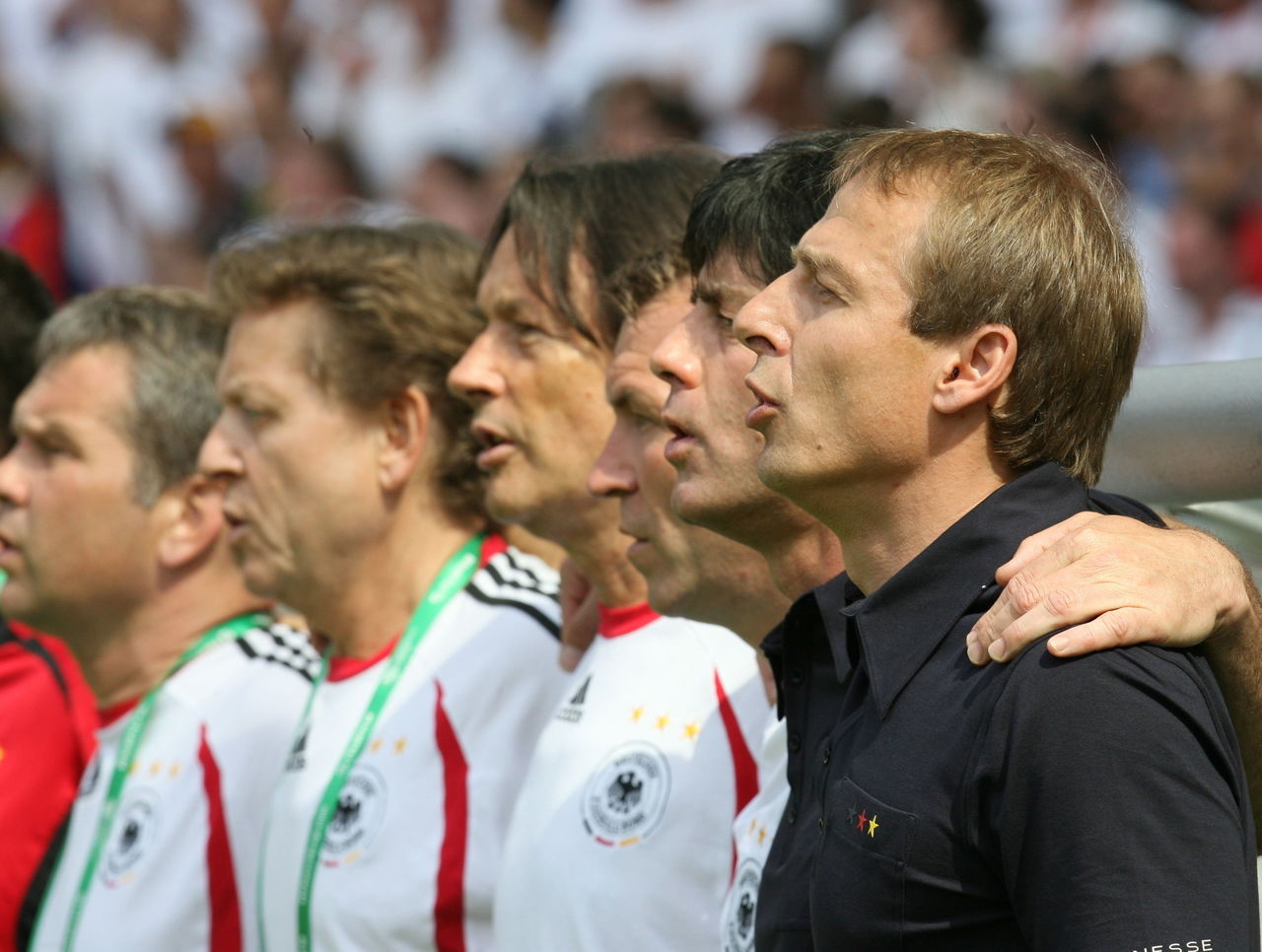
The World Cup final could represent the revolution's peak - even though many might argue the 7-1 thrashing of hosts Brazil was the peak - and will likely be a level of dominance the nation can sustain for future World Cups and UEFA European Championships, possibly rivalling the historic run Spain produced.
Fear Factor
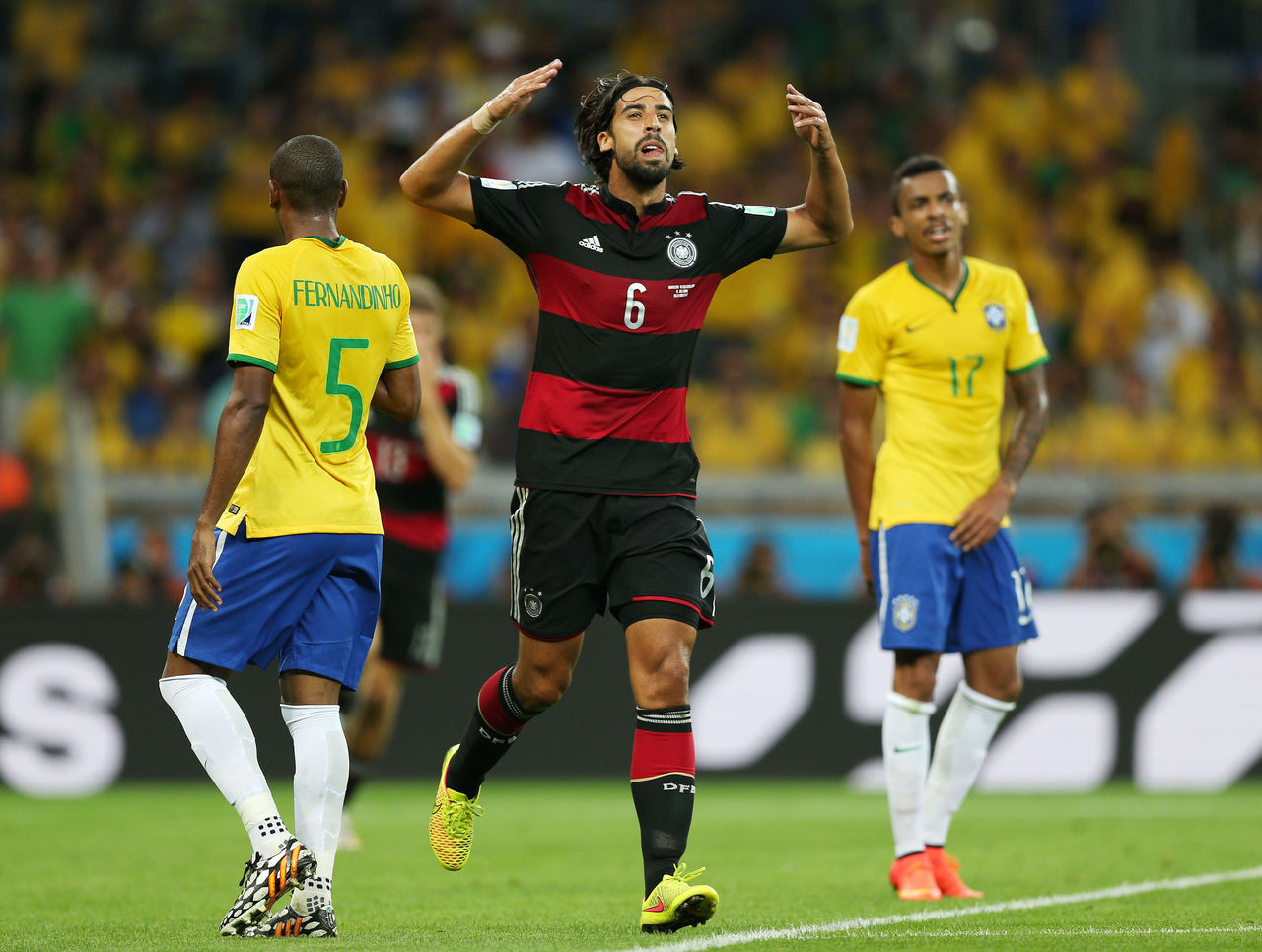
Nobody's supposed to beat Brazil by six goals....in Brazil, at their own World Cup. But that's exactly what this talented German side accomplished in the semifinals and should benefit from that result, striking fear into their opponents for years to come.
Argentina have never been able to accomplish such a margin of victory against the Brazilians during the 105 matches the two rivals have played since 1912 - their biggest margin of victory was five during a 6-1 victory in 1940.
Though it seems impossible the Germans will come anywhere close to producing such a landslide result, the Argentineans will surely have the German victory over Brazil in the back of their minds. They know what this side is capable of and will have worked on tactics to prevent such a massacre. But there's something to be said about the the supreme confidence of the German side heading into Sunday's match.
Bundesliga Familiarity
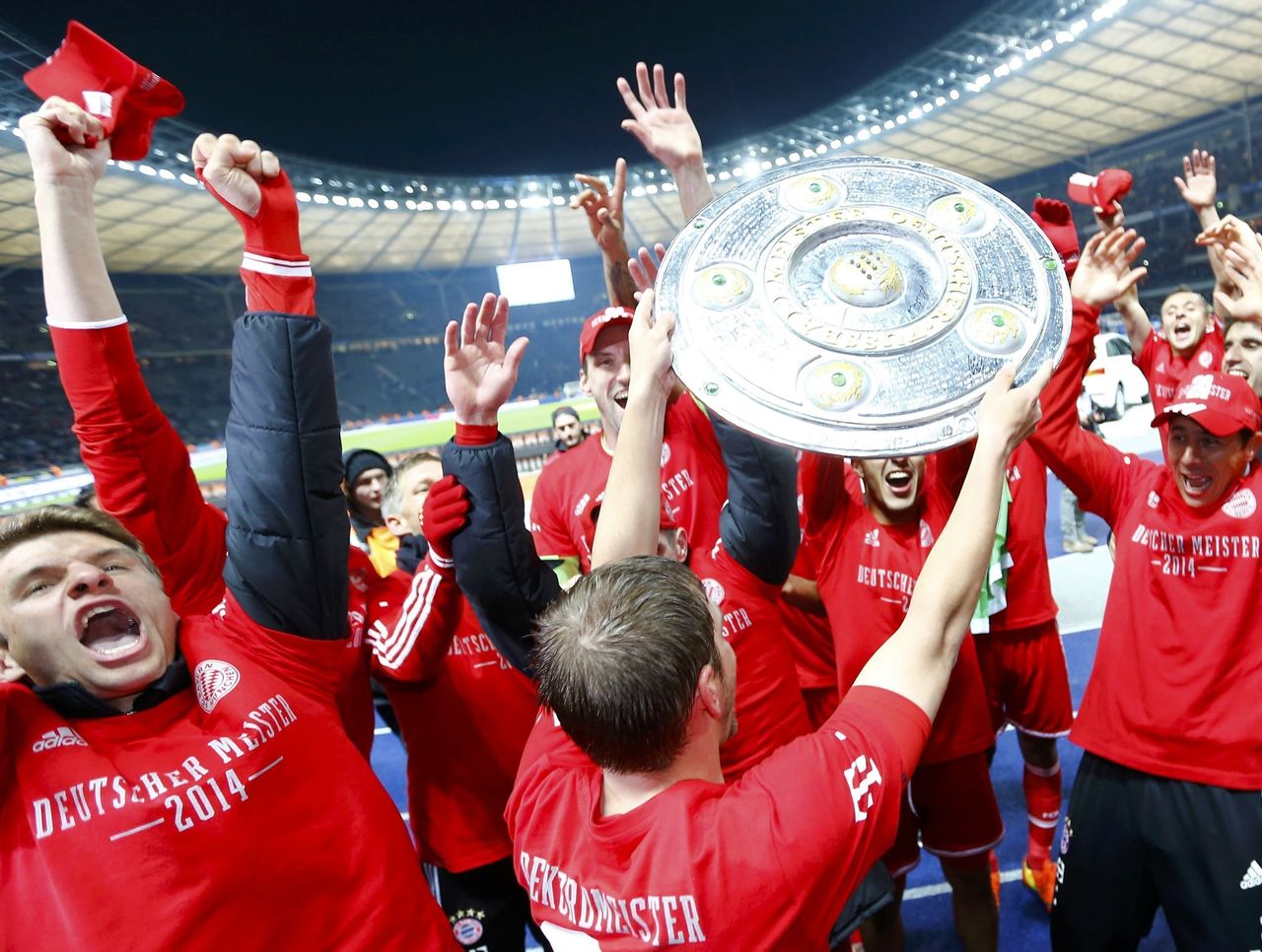
Many countries participating in the World Cup have a core group of players who have represented their nation from the youth levels right through to the top flight of international football. But few countries have the ability to continue that familiarity and success in the club level for a sustained period of time like the German national team.
Of the 23 players on the German squad, there are 16 players who either play on the same team or against each other on a weekly basis in the Bundesliga, with only seven players at the World Cup applying their trade abroad. Meanwhile, the Argentine squad is spread throughout all of Europe, with only three members playing domestically.
A comparison between the Bundesliga and the Argentine Primera División, however, is unfair. Europe is a final destination for many South American players due to the increased competitiveness and money. But familiarity should not be underestimated. The majority of Germans play domestically, with four of them playing in England and two in Italy. Whereas Argentina have players who play in eight different countries and one sovereign city-state (Monaco). Argentina, however, possess players who have tasted success on the international stage as some of the important contributors to their FIFA under-20 World Cup winning team in 2007 will be featured in the final against Germany.
Lethal blend of attacking and defence
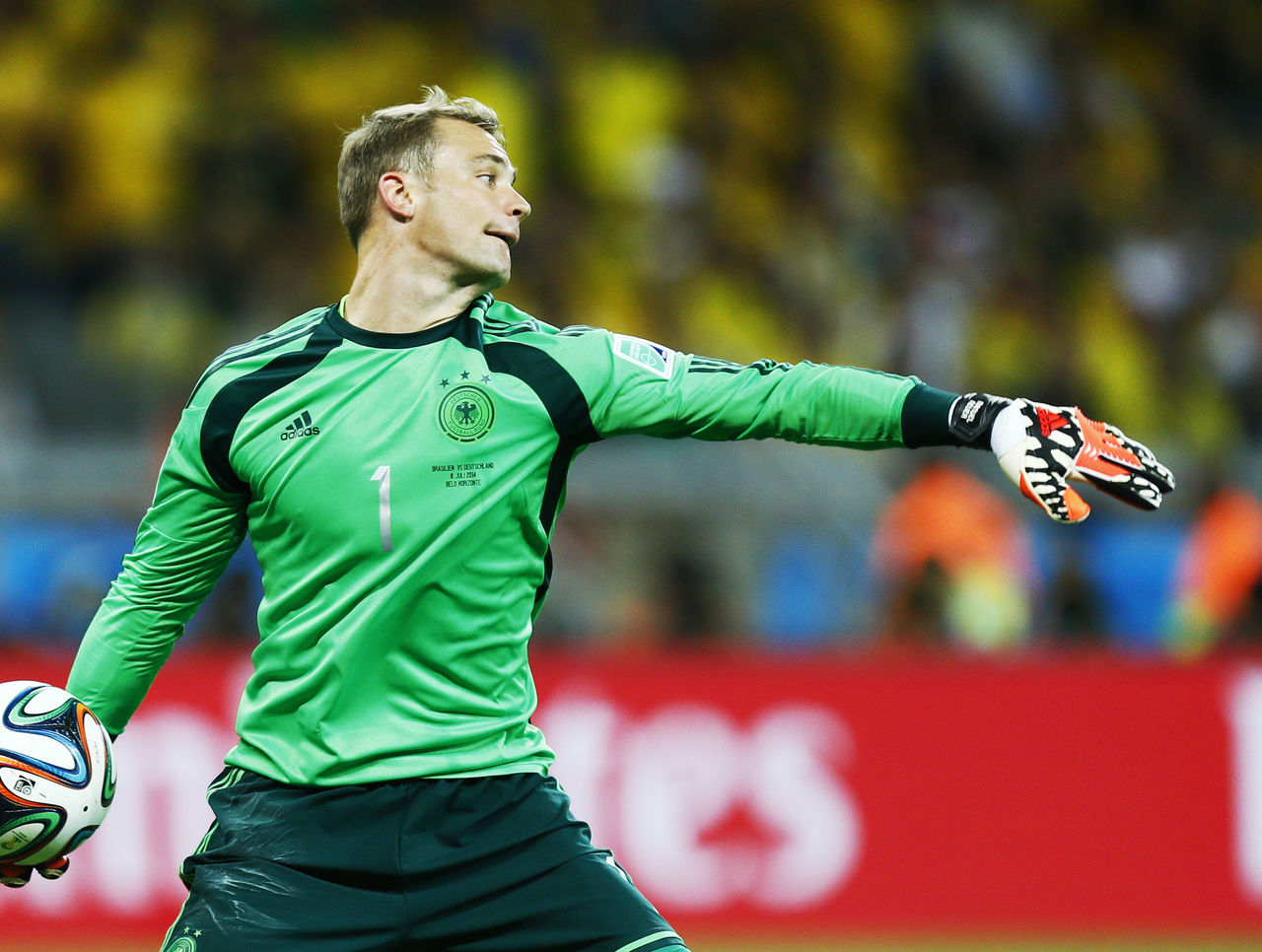
Aside from the opening 4-0 win against Portugal, and before the Brazil rout, an argument could have been made that the German attack lacked the imagination and ambition to reach this stage of the tournament. Their only hiccup in the group stage was a draw against Ghana and they didn't blow anyone away with their low-scoring performances in the round of 16 and quarterfinals.
They looked especially worrisome during the round of 16 match against Algeria as the contest didn't produce a goal until extra time. But it was their defence that held off a surprising and creative attack from the African nation. Manuel Neuer, regarded as one of the world's top keepers, shined in this match as he played somewhat of a sweeper role and made more tackles than saves.
Neuer, however, may not have had to work so hard outside his box if it wasn't for the absence of central defender Mats Hummels who was forced to miss the match with flu symptoms. The defender is expected to play Sunday and should supply the anchor on the German back-line that will help thwart Argentina's attacking efforts and reliance on Lionel Messi.
21st Century German World Cup success
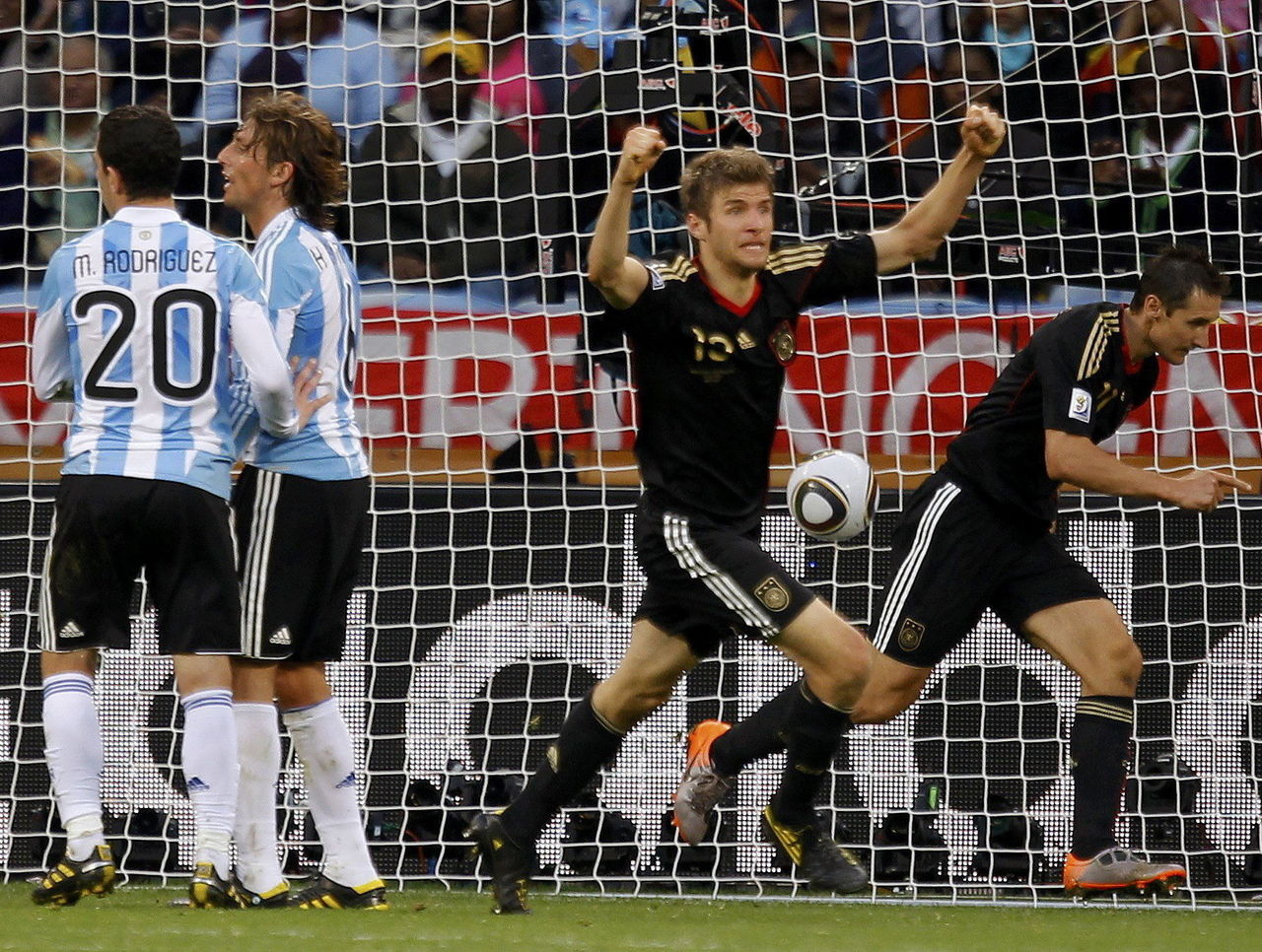
The Germans enter every World Cup with the highest expectations, but have failed to deliver the ultimate prize to their adoring fans over the last five tournaments. Even though their 24-year drought doesn't seem so long compared to other nations, anything less than a victory after Sunday's final will be deemed a failure.
The 21st century started off on a positive note for the Germans after reaching the century's first World Cup final in 2002. But after their 2-0 loss to Brazil, the Germans went into the a rebuilding phase of the national program and finished a respectable third in both the 2006 and 2010 competitions.
Argentina, meanwhile, have failed to live up to expectations on the world's biggest stage since the turn of the century, thanks in part to Germany's two victories over the South American nation in back-to-back tournaments. Sunday will be the third consecutive meeting between the two at the World Cup and Germany will be confident of repeating their success against La Albiceleste to capture their fourth World Cup trophy.
HEADLINES
- Report: Canada contacts Solskjaer, Marsch after Mourinho rejects approach
- FIFA president Infantino to earn $4.6M after getting 33% raise
- MetLife Stadium gets 2026 World Cup final as schedule unveiled
- Beckenbauer laid to rest during private ceremony in Munich
- Brazil confirms hiring of Dorival Junior as new national team coach